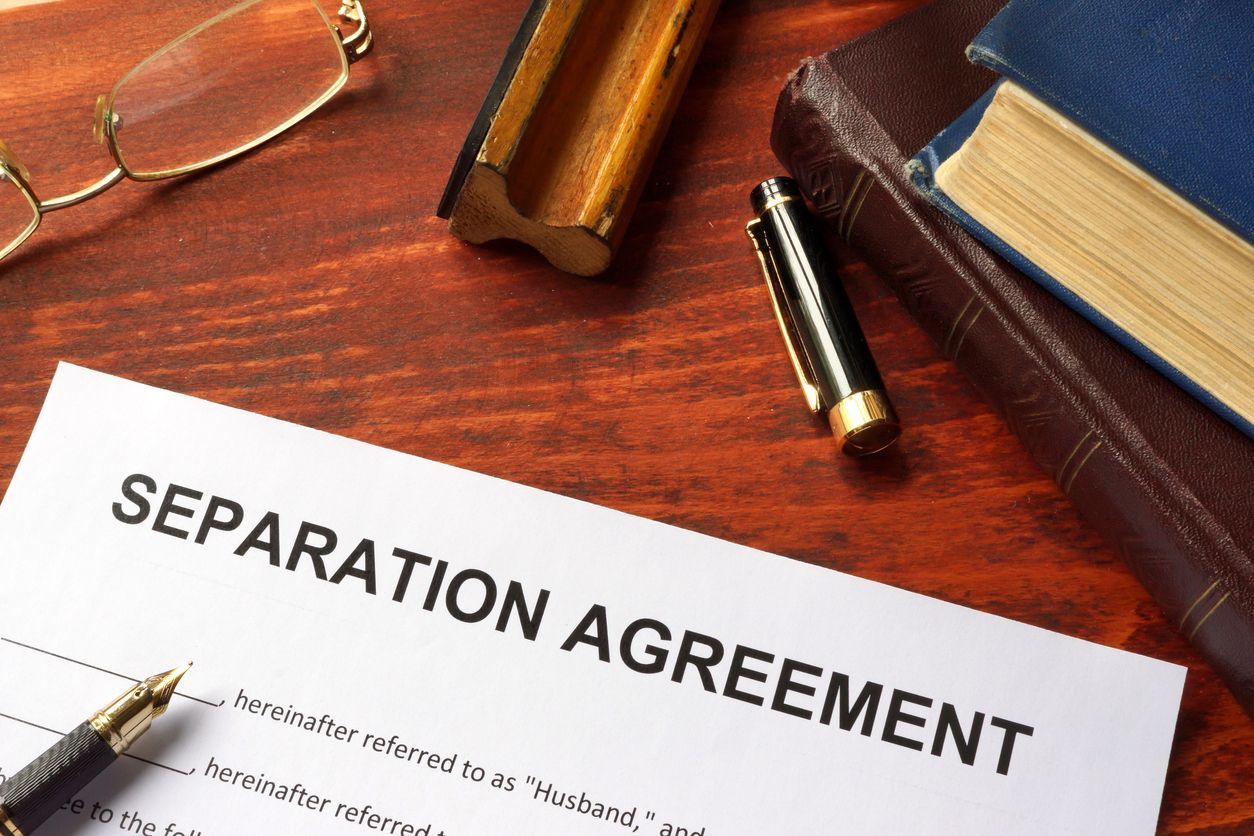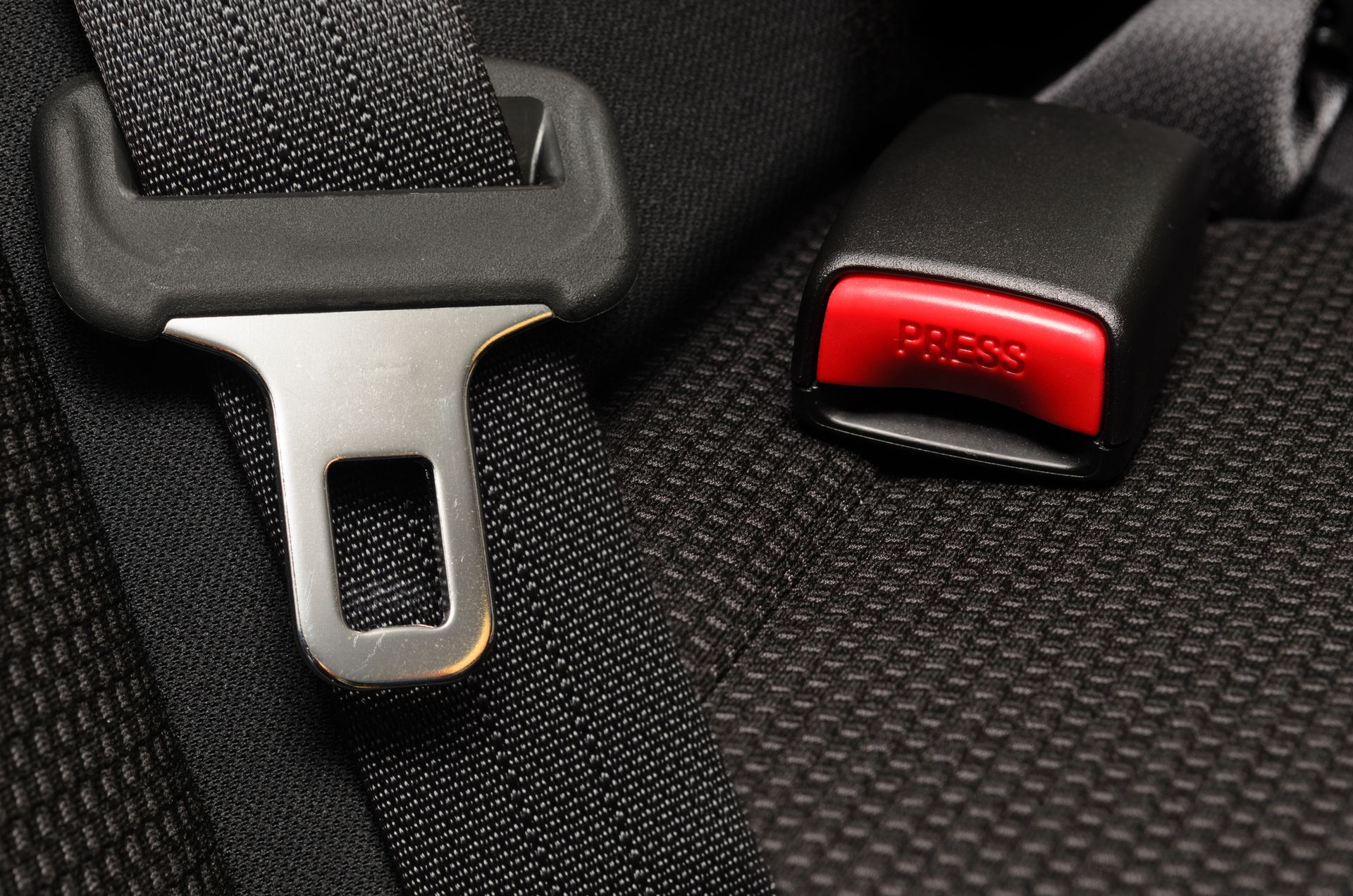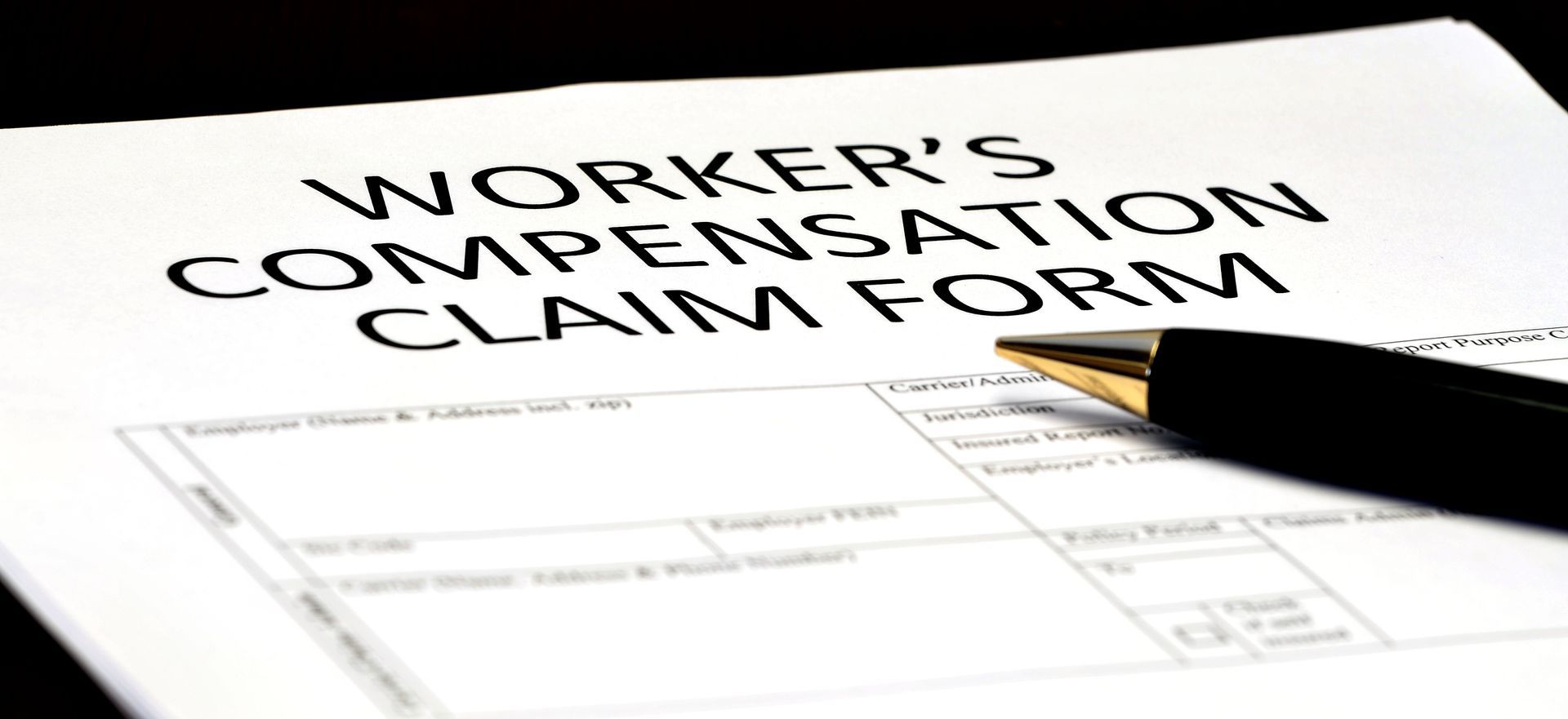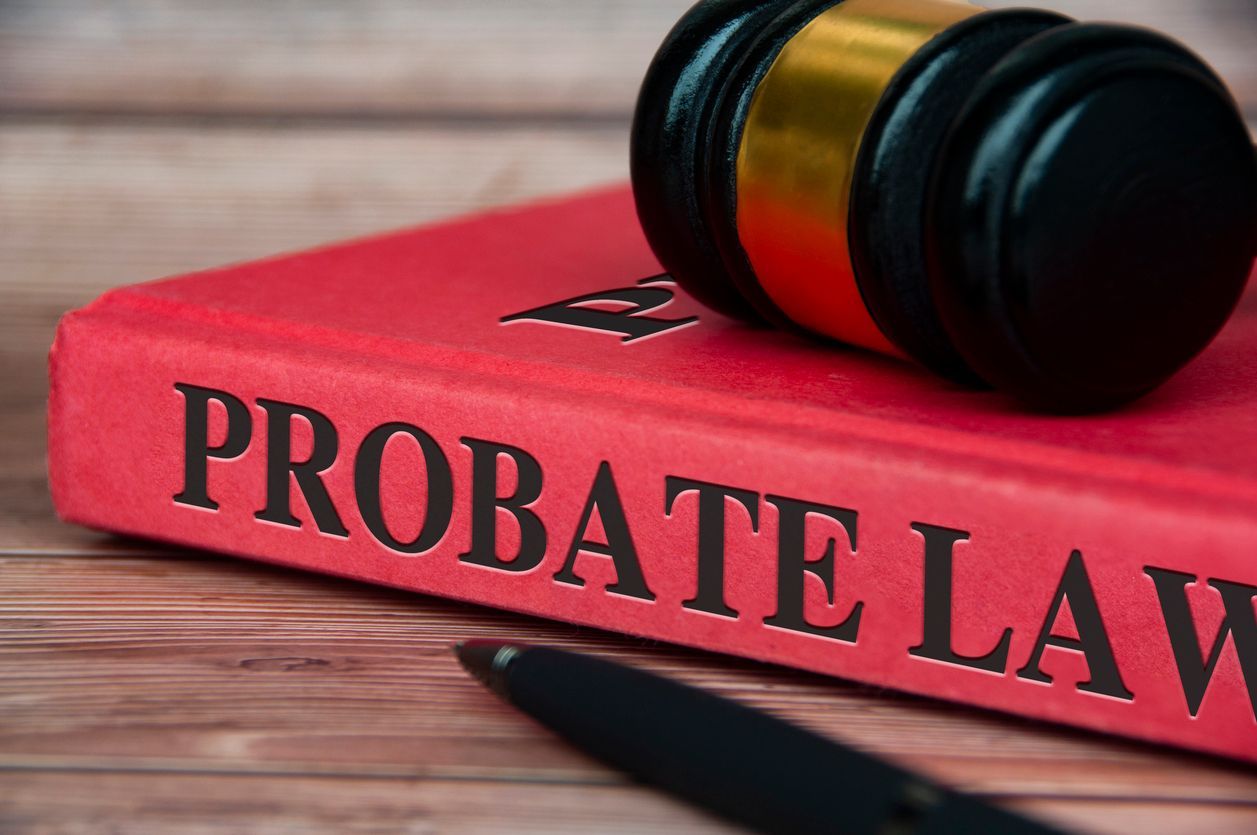What Happens to a Personal Injury Claim if the Victim Dies During Litigation?
Finder Law Serves Clients Across Jefferson City, Columbia, and Central Missouri
Serious accidents occur every day & many are the subjects of litigation. But what happens if the victim in a personal injury case dies before their case is settled? While it does make the case a little more complex & extra steps must be taken, the litigation can continue after their death.
The first steps to any personal injury case are as follows:
- Signing a contract with your chosen attorney
- Providing notice to all insurance companies involved that an attorney has been retained
- Requesting copies of all medical & billing records once treatment is complete
- Gathering information about how the injuries affected the victim’s life, including lost wages, lost quality of life, over-the-counter medication/equipment costs, etc.
Once all the information & documentation are gathered, negotiations begin
- Your attorney will provide a demand in writing for an agreed-upon settlement amount to the insurance adjustor, along with supporting documentation.
- Your attorney & the insurance adjustor will correspond regarding settlement amounts until either a reasonable amount is offered or, if no reasonable offer is made, a lawsuit is filed.
So, what happens if someone dies before the settlement process is completed?
Regardless of where in the litigation process someone passes away, the steps above will remain the same. However, in the event of the victim’s death, their estate will have to be opened. With your permission, your attorney will file a probate case. If the decedent had a trust or will, those documents must be provided to the court. If they have a trust, the funds from the personal injury case will not be probated & can go immediately into the trust. If there is only a will or no will at all, the funds from the case must go through probate. The settlement process will continue as normal, but the funds will not be available for disbursement until the entire probate process is complete.
To open the estate, the court will need identifying information about the decedent & all potential heirs, a copy of the death certificate, a copy of any trust or will & some documents your attorney will draft to get the process started.
If medical records are not sent prior to the victim’s death, most medical providers will want documentation from the court naming the estate’s personal representative & that same person will have to authorize medical record releases. Again, this doesn’t really change the process – it just creates an extra step that slows things down.
Once the case is settled or goes through a trial, the funds will either be sent to the court (if probate was needed) or to the trustee (if a trust was drafted prior to the victim’s death) of the estate. At that point, your attorney can negotiate any outstanding liens. Any funds left will be distributed to the named parties, minus attorney’s fees.
Understanding the unique challenges that come with personal injury claims is an important consideration when choosing an attorney to represent you in your case. Daniel Finder of Finder Law, LLC has over 10 years of experience handling these types of claims & will compassionately walk with you through this process. Whether working on your behalf or your deceased family member, advocating for fair settlements for victims of personal injury claims is something he is passionate about.












